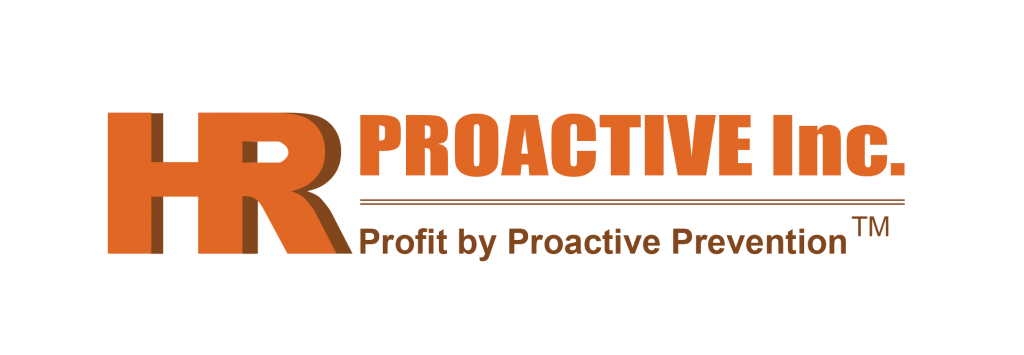Put your subject at ease. It’s an interview not an interrogation. Before formally beginning, greet your subject pleasantly. Engage in small talk; the weather or the subject’s commute to the interview location are good ice breaker topics.
As an introduction, indicate your authority to conduct the interview (reference your policy, procedures, practices etc.), and note the location, date, time of interview, and attendees.
The first questions should be about the subject: their title, time with the employer, reporting relationships and where appropriate, working relationships with the parties. By letting subjects talk about themselves, comfort and rapport is established.
Questions should be related to establishing the material facts related to the allegations.
Further tips in conducting an interview include:
- Always use plain language and characterize events and issues in a neutral way.
- Start with open-ended questions.
- On most occasions you will find your initial open-ended question effective. However, sometimes you have to progressively probe deeper. For example, if you ask, “Please tell me about the staff meeting the Tuesday after the long weekend in May,” the subject will likely immediately tell you about the dispute between the complainant and the respondent and that the subject was shocked when the respondent referred to the complainant as “bitchy.” If not, you might probe by asking, “Was there any interactions in the meeting that concerned you?” And progressively: “Was there a dispute between the complainant and respondent?” “Did you hear anyone use the term bitchy? And finally, “Did the respondent use the term bitchy in reference to the complainant?”
- Practice active listening where appropriate: paraphrase, ask witnesses to repeat or clarify points. Probe for further information.
- Do not indicate or show approval or disapproval.
- Attempt to determine whether any coaching or collusion has taken place. Sometimes you will find that the workplace grapevine means that witnesses have discussed details of the case prior to the investigation. Take note of this. Make sure the interview focuses on what the subject actually witnessed and not what the subject was told by another person.
- Opinions and conclusions are of weak or no value, e.g. “The respondent was angry.” You need to probe to see how the witness reached that conclusion by asking what the respondent said or did to indicate she or he was angry.
- End the interview by asking “Is there anything else you would like to say?”
- Sometimes facts and evidence arise that require second interviews, usually with either the complainant or respondent but sometimes with witnesses too.

